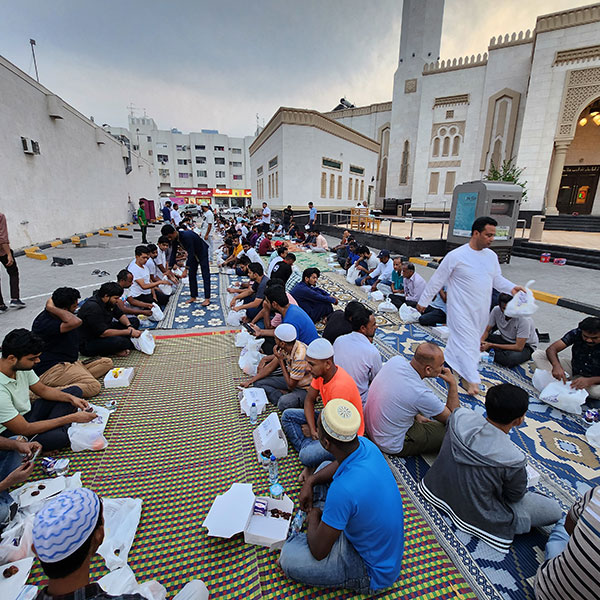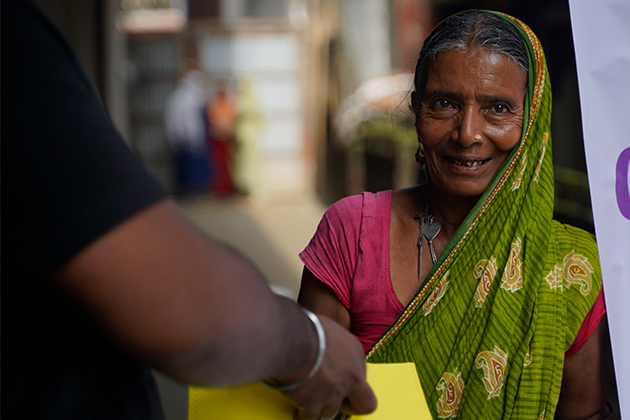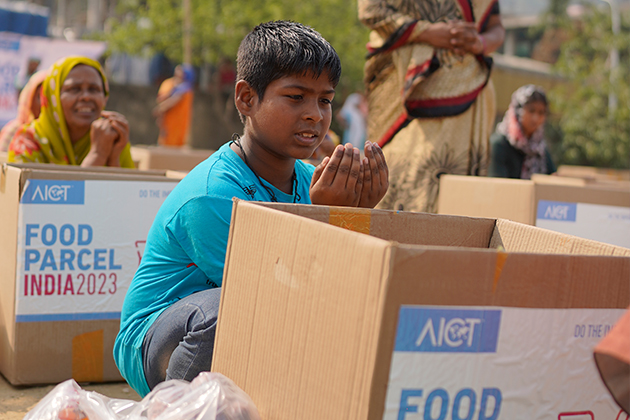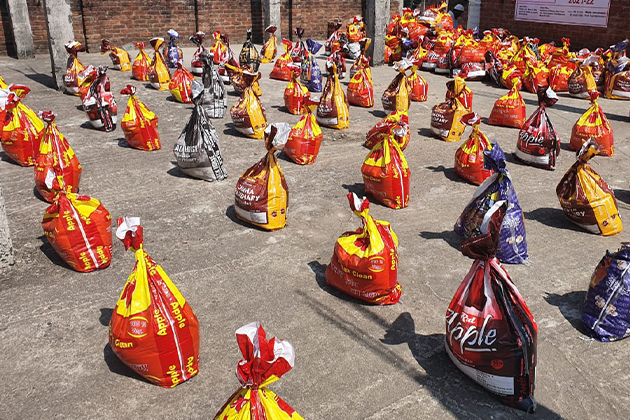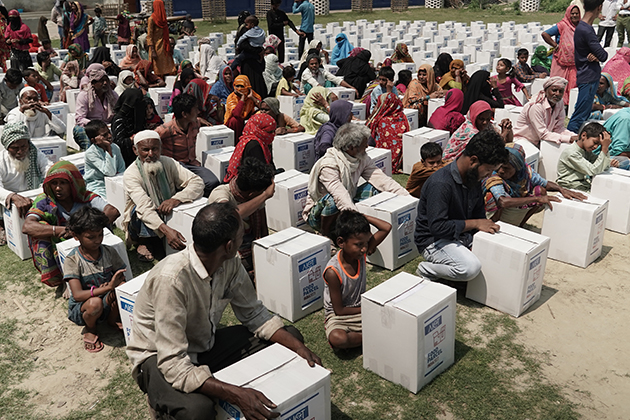
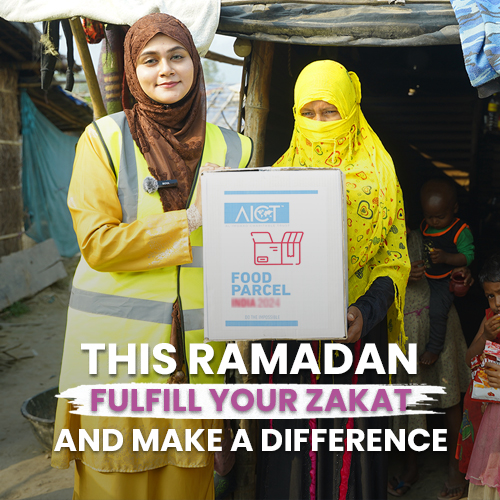
Zakat Appeal
Purify Your Wealth, Transform Lives
Zakat provides a chance to purify your wealth, entrusting us with the sacred duty of delivering life-saving aid to those most in need.
Join us in extending protection and support to vulnerable communities worldwide. Together, our Zakat makes a significant difference.
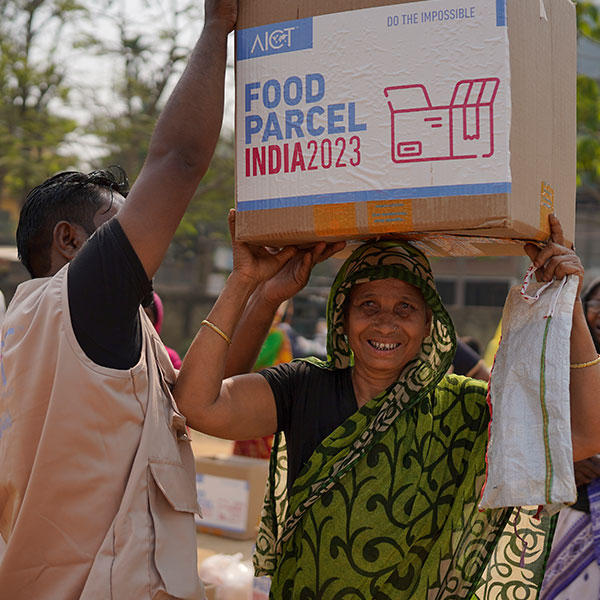
Zakat Al Mal
Price: INR 30000
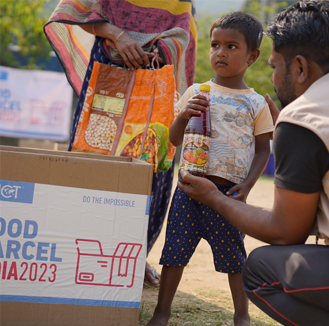
Zakat Al Fitr
Price: $20
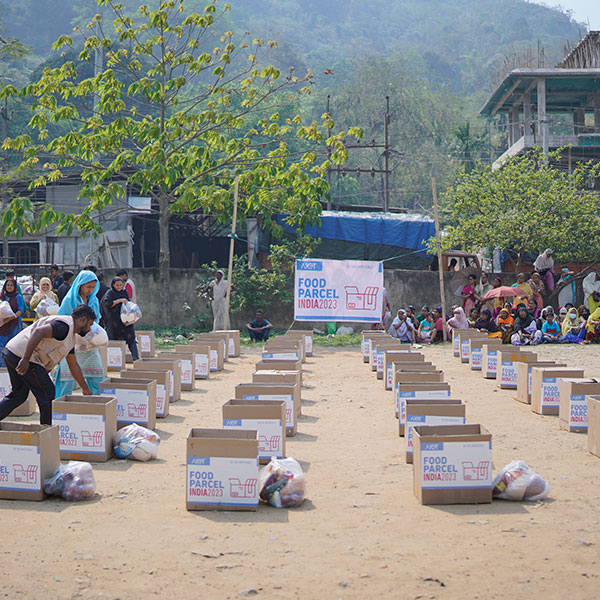
Kaffarah
Price: INR 150000
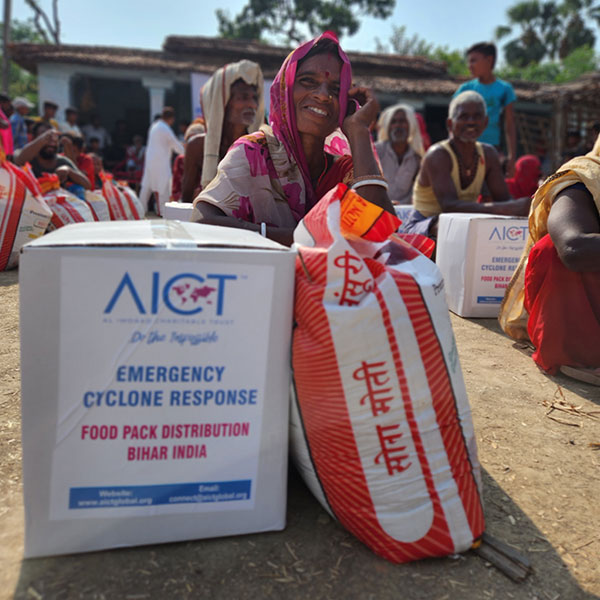
Fidya
Price: INR 100000
The Spirit of Togetherness Celebrating Ramadan as a Community
Ramadan fosters a unique sense of unity, uniting us in faith, resilience, and empathy. It’s a time when families come together for Suhoor and Iftar, sharing meals and creating cherished memories, reinforcing the bonds that connect us.
This holy month encourages us to go beyond our individual lives and embrace the communal spirit of our community. Let’s carry forward this solidarity beyond Ramadan, supporting each other with faith and compassion.
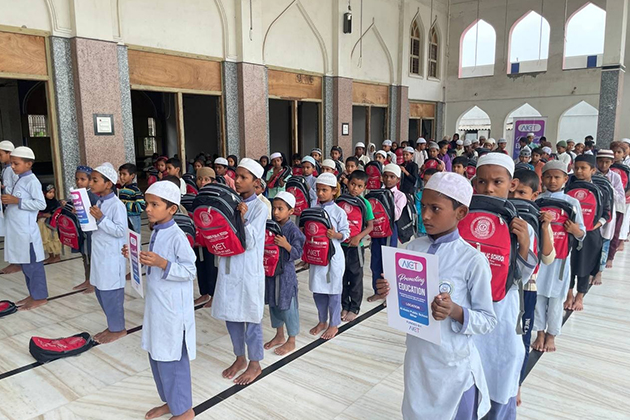
What is Zakat?
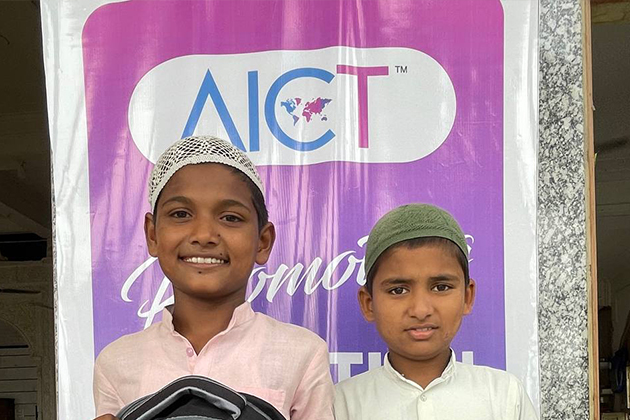
The Impact of Zakat
Empowering Communities
How to Fulfill Your Zakat Obligation
Join the Movement
Embark on a journey of compassion and solidarity by embracing the principles of Zakat. Together, let us unlock the power of giving and create a world where everyone has the opportunity to thrive.
Ready to make a difference? Explore our Zakat Calculator and take the first step towards making a positive impact through Zakat.
Ramadan Reflections - Generosity Embodied
